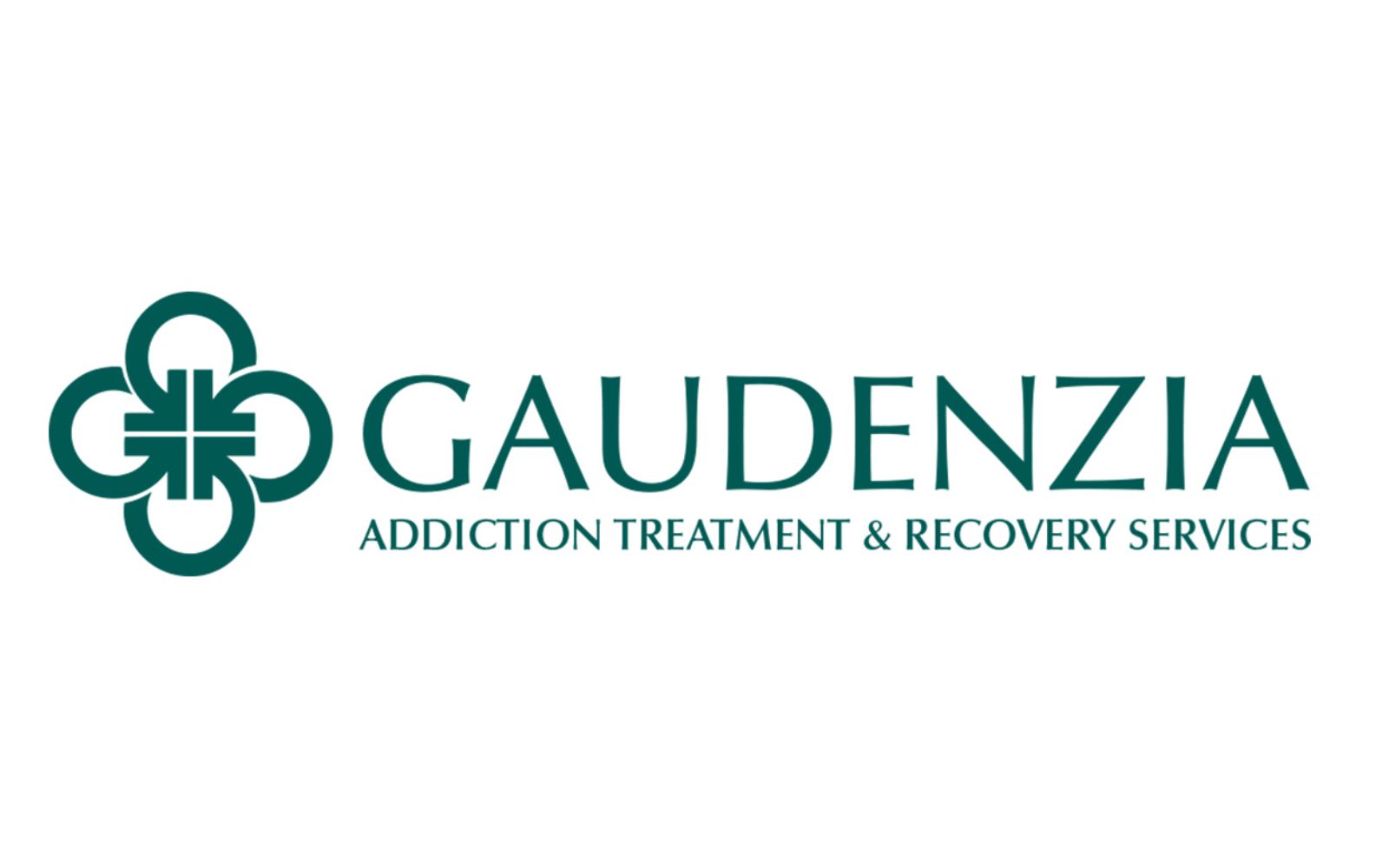Harrisburg, Pennsylvania, United States
Gaudenzia Concept 90
Claimed
Claimed
Recovery.com has connected directly with this treatment provider to validate the information in their profile.
CARF Accredited
CARF stands for the Commission on Accreditation of Rehabilitation Facilities. It's an independent, non-profit organization that provides accreditation services for a variety of healthcare services. To be accredited means that the program meets their standards for quality, effectiveness, and person-centered care.
Provider's Policy
We accept Medicaid plans, certain types of commercial insurance, and can assist with county funding.
Estimated Cash Pay Rate
The cost listed here (Call For Rates) is an estimate of the cash pay price. Center pricing can vary based on program and length of stay. Contact the center for more information. Recovery.com strives for price transparency so you can make an informed decision.
About Gaudenzia Concept 90
Gaudenzia Concept 90 location is a long-term, high-intensity residential treatment program for individuals with substance use disorders and co-occurring disorders. Their care team uses a variety of evidence-based therapies to provide individualized, person-centered care. The program is specifically for individuals who require greater support and medical care, but who do not require inpatient hospitalization. They offer a full continuum of care to ensure patients receive ongoing support throughout their entire recovery journey.
Personalized Care Approach
Gaudenzia Concept 90 facilitates group and individual therapy sessions, using evidence-based therapies like cognitive behavioral therapy (CBT) and motivational enhancement therapy (MET). In addition, their care team provides family resources, recommendations for alternative outpatient services, and referrals for stable housing to ensure that patients are provided with the resources needed to succeed afterwards. Their care approach is trauma-informed, culture-informed, and gender-responsive and their team is dedicated to creating personalized care plans that are tailored to each individual's needs and schedule.
Read More

Insurance Accepted
Provider's Policy:We accept Medicaid plans, certain types of commercial insurance, and can assist with county funding.

Medicaid
<p>Signed into law through the Social Security Act in 1965, Medicaid is a United States government program that offers health insurance to those with limited income.</p>
See rehabs that accept this provider.
Center Overview
Estimated Cash Pay Rate

Treatment Focus
This center treats primary substance use disorders and co-occurring mental health conditions. Your treatment plan addresses each condition at once with personalized, compassionate care for comprehensive healing.

Care Options






Treatment
Specializations
Alcohol
Using alcohol as a coping mechanism, or drinking excessively throughout the week, signals an alcohol use disorder.
Co-Occurring Disorders
A person with multiple mental health diagnoses, such as addiction and depression, has co-occurring disorders also called dual diagnosis.
Drug Addiction
Drug addiction is the excessive and repetitive use of substances, despite harmful consequences to a person's life, health, and relationships.
Approaches
Evidence-Based
A combination of scientifically rooted therapies and treatments make up evidence-based care, defined by their measured and proven results.
Personalized Treatment
The specific needs, histories, and conditions of individual patients receive personalized, highly relevant care throughout their recovery journey.
Therapies
1-on-1 Counseling
Patient and therapist meet 1-on-1 to work through difficult emotions and behavioral challenges in a personal, private setting.
Trauma-Specific Therapy
This form of talk therapy addresses any childhood trauma at the root of a patient's current diagnosis.
Medication-Assisted Treatment
Combined with behavioral therapy, prescribed medications can enhance treatment by relieving withdrawal symptoms and focus patients on their recovery.
Conditions We Treat
Trauma
Some traumatic events are so disturbing that they cause long-term mental health problems. Those ongoing issues can also be referred to as "trauma."
Substances We Treat
Alcohol
Using alcohol as a coping mechanism, or drinking excessively throughout the week, signals an alcohol use disorder.
Co-Occurring Disorders
A person with multiple mental health diagnoses, such as addiction and depression, has co-occurring disorders also called dual diagnosis.
Drug Addiction
Drug addiction is the excessive and repetitive use of substances, despite harmful consequences to a person's life, health, and relationships.
Aftercare
Experience
Personal Amenities
Amenities
We love hearing about your treatment experience
Help individuals and families seeking treatment by sharing your first-hand experience with this treatment provider. Review Guidelines.








